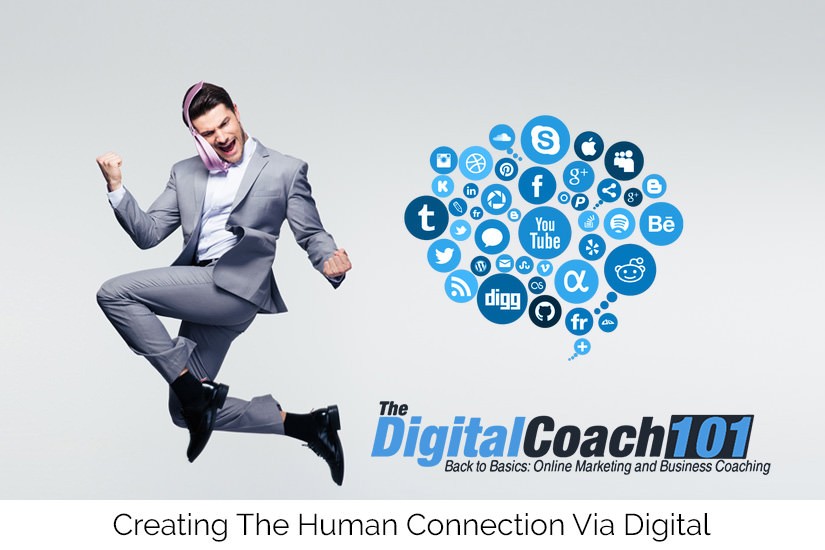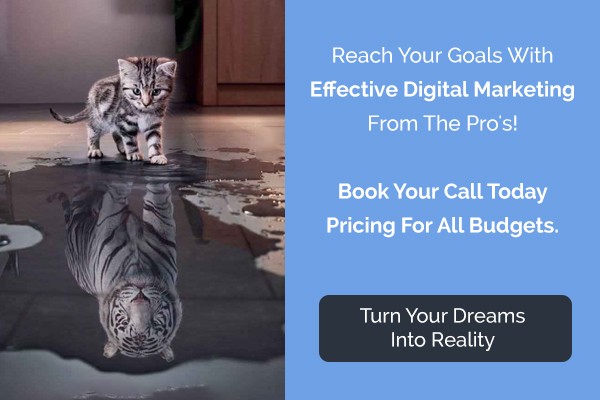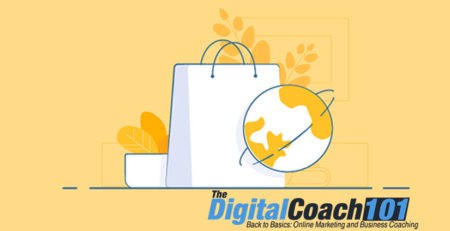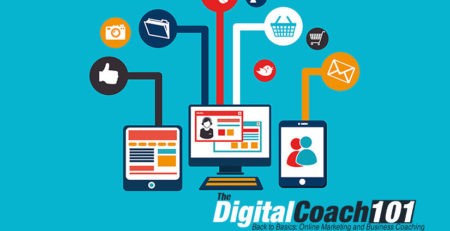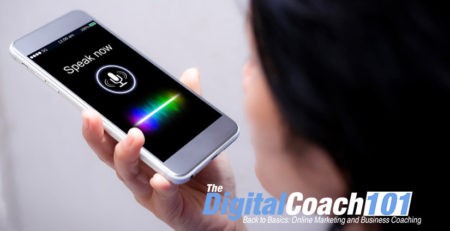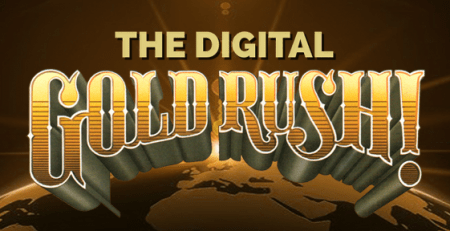Can a Social Media Campaign Stand Alone in Digital Marketing?
We have had so many calls over the years from clients – large and small – who have asked if we can put together and manage a social media campaign. The short answer is, “Of course we can.” However, creating a social media campaign as a stand-alone digital effort and hoping that it’s going to turn your product into a booming, viral phenomenon is only going to result in disappointment.
Why?
Social media is a tool, in the same way a website, your newsletters, your ad campaigns and your SEO strategy are all tools. Each of them serves a different purpose.
Imagine that you were to hire an accountant, and he does his job really well – you’re thrilled with his performance. But you are concerned that he doesn’t bring in more sales and are really upset by the fact that he doesn’t get involved in your CAD drawings. It sounds ridiculous, but the fact is, each requirement in your business must be filled by the appropriate peg.
Your Digital Strategy Needs a Toolbox
A social media campaign can be an incredibly effective tool for businesses for so many reasons. However, it needs friends. What tools do you have in your digital toolbox? If you “just want a social media campaign” are you certain that it’s doing what you want it to do? Let’s explore this.
Why do I Need a Social Media Campaign?
A social media campaign entails the planning and strategic, regular, targeted posting of information on social media channels. Facebook, Twitter, YouTube, Instagram, LinkedIn and Pinterest (among many others) are where people “hang out” – virtually speaking. Social media is less of a selling space and more of an informal setting where people are educated, entertained and where they connect with other like-minded people, and businesses.
Benefits of a Targeted Social Media Campaign
- Brand awareness. Social platforms allow you to show off the personality of your business, what you stand for and why. This differentiates you from your competitors and gives customers a reason to want to do business with you.
- Great customer service. Being able to talk directly to your audience in an informal and instant way shows them – and everyone else on your page – what to expect from you in terms of service levels. Social channels are a great way to engage with your customers without necessarily selling to them.
- Market research. There are some great tools available which allow us to test a product, ask for opinions, or assess the viability of a service. The feedback given from these online surveys are invaluable tools and can give you the edge over your competition.
- A targeted campaign allows you to reach more of your ideal audience by homing in on their interests, habits and activities and talking directly to them in a relevant way.
Yes, a social media campaign – when done right – is an awesome tool.
Here’s where the problem comes in.
Any online research on social media channels will list unequivocally great things about this medium, including:
- Increases inbound traffic
- Increases blog reach
- Improves search engine rankings
- Increases conversions of online sales
- Helps with retargeting interested customers
Are you starting to see the problem here?
Should Social Media Stand Alone?
Social media campaigns should link to a great, well-designed website which can convert a curious browser into a paying customer, save contact information for newsletters and special offers, direct people to blog articles to educate them about your product, and offer calls to action to encourage users to contact you, download a document, or visit your shop.
As we mentioned earlier, social media needs friends where each link in this supportive network of digital tools amplifies the next.
Picture this: Your social media campaign boosts your brand image and entices good quality followers. They see your message on their social feed and subsequently remember you when your product comes up in a Google search (paid ads). They run a search query about the product that you sell, and your website blog article on this item comes up (SEO at work). They visit your website, enjoy a wonderful user experience and see what you offer. There, they sign up to your newsletter (email marketing). Later that week they receive a list of your special offers via email, with links directing them back to your website where they can buy easily online. They love their product and visit your page on Facebook to leave a great review. Google sees this 5-star review and boosts your rankings (SEO).
A social media campaign is important, we agree on that. But wouldn’t it work far better if it were surrounded by complementary digital services which make it shine even brighter? We think so.

